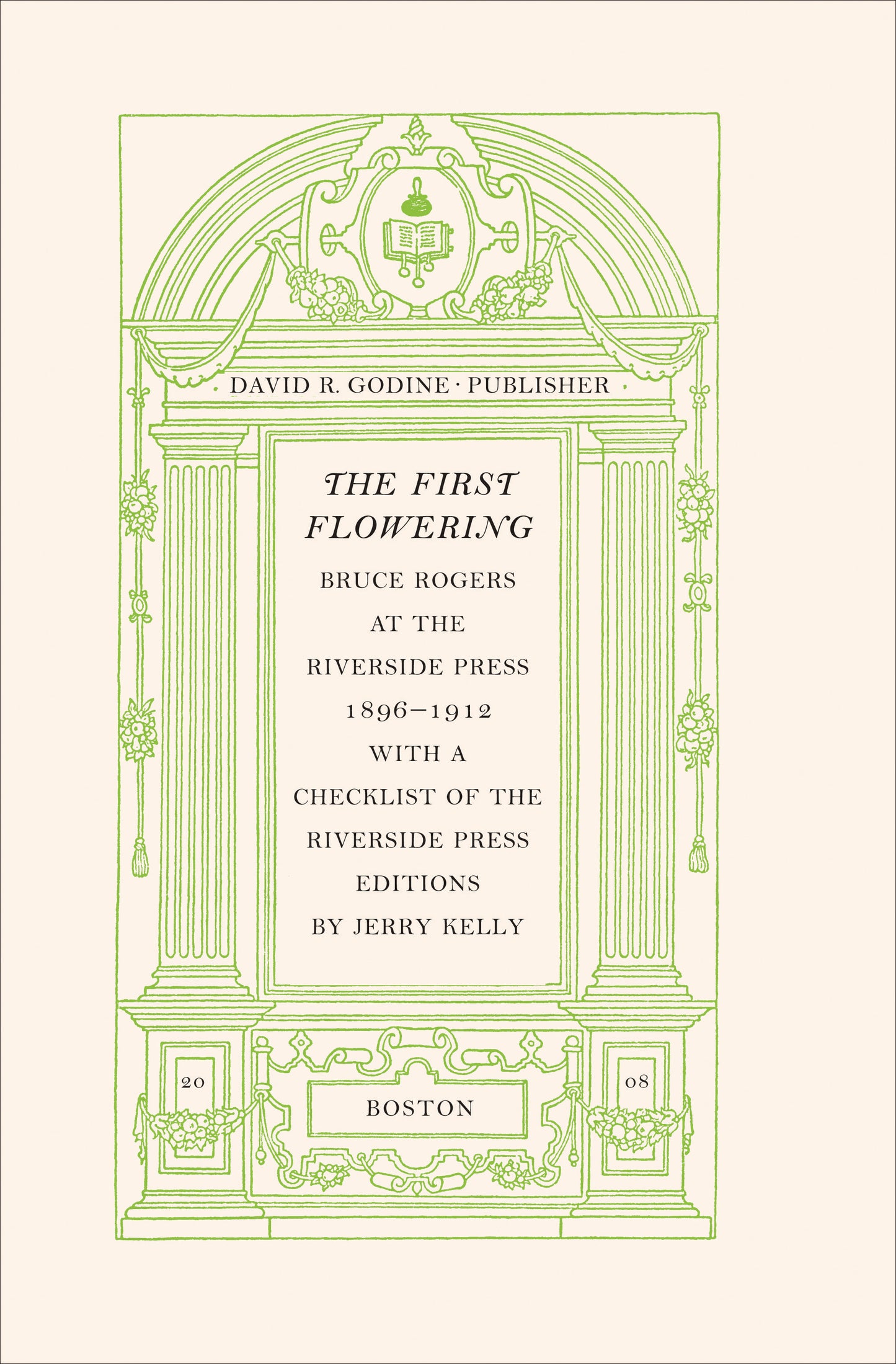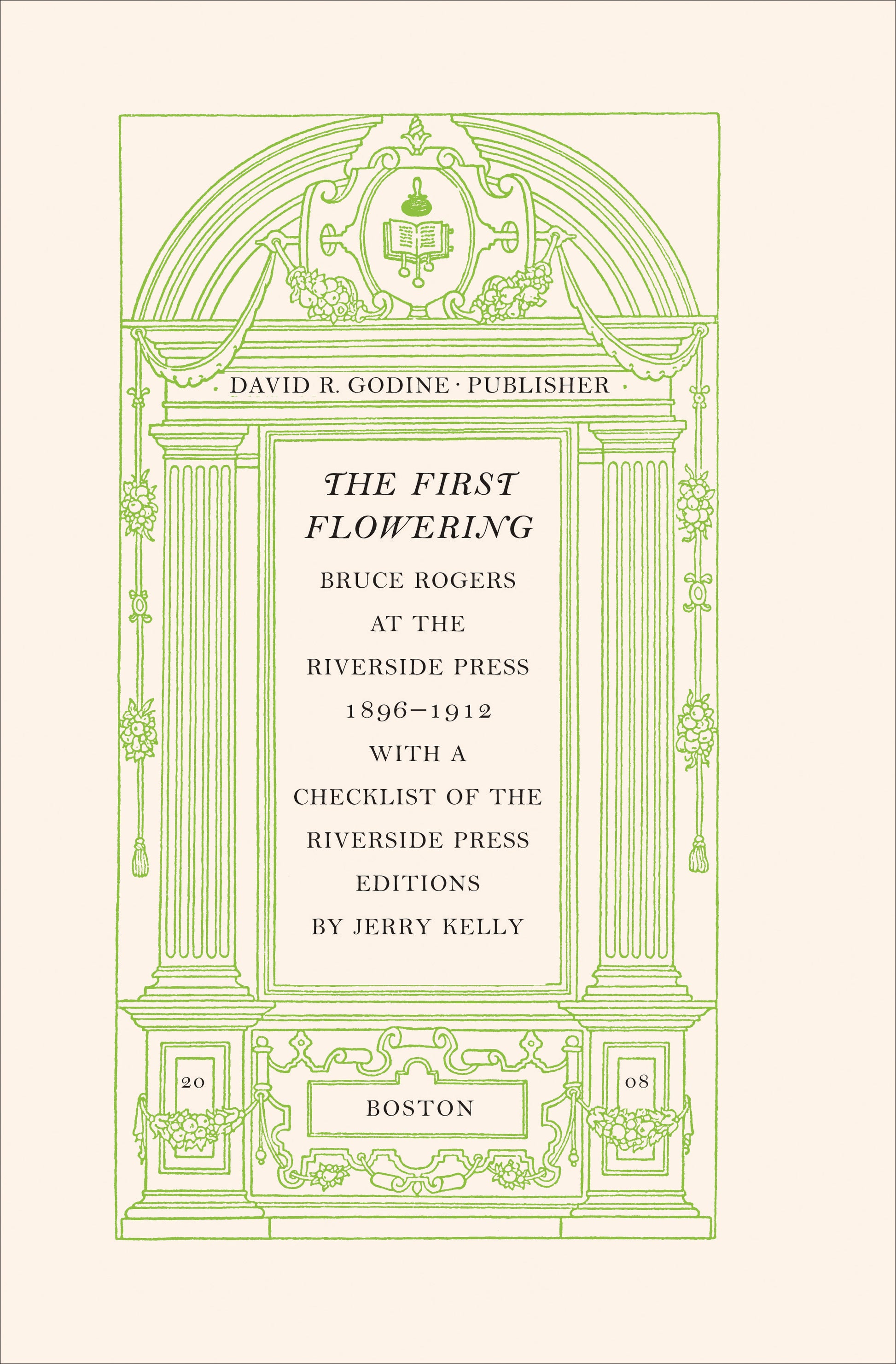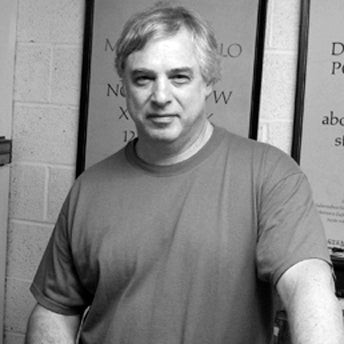
Probably no book designer of the twentieth century has had more written about him, his work, or his life than Bruce Rogers. He was, as his primary biographer Joseph Blumenthal observed, the ultimate "artificer of the book." His career as a working designer spanned six decades, but arguably his finest (and certainly his happiest) years were spent at Cambridge's Riverside Press where he took over from D. B. Updike in 1896 and where he remained until 1912, overseeing his own department and designing at least sixty titles for Houghton Mifflin's list of Riverside Press Editions.
Boston was an interesting place at this time, the center of the Arts and Crafts Movement, where Updike (never close to B.R., whom he once called "an impossible person") had set up shop, and in which characters as diverse as Rudolph Ruzicka, W. A. Dwiggins, Bertram Goodhue, and Fred Holland Day circulated. George Mifflin was instrumental in starting the department for special editions under Rogers's supervision at Riverside and supported him against considerable opposition, stubbornly championing the legitimacy of pubishing fine limited editions within the framework of a large commercial printer. In more than a decade, BR created some of his most successful designs, from the monumental three-volume folio Montaigne, with its specially cut type, to the delicate Virgil Georgics. Although the legacy of Pickering can be seen in many of his designs, as early as 1905 one can also detect the seductive influence of the French sixteenth century, and most especially of the masters Geofroy Tory, Jean de Tournes, Henri Estienne, and Nicolas Jenson.
This small and elegantly produced volume, aimed at the same audience who once appreciated (and who perhaps now collects) these paragons of the printer's art, contains an essay by Jerry Kelly outlining Rogers's tenure at Riverside, a checklist of all the work he executed there (for Houghton Mifflin as well as others), and twenty pages of reproductions displaying the full range of BR titles, specimens of printing that – as he later wistfully remarked – "give me a definite satisfaction."

